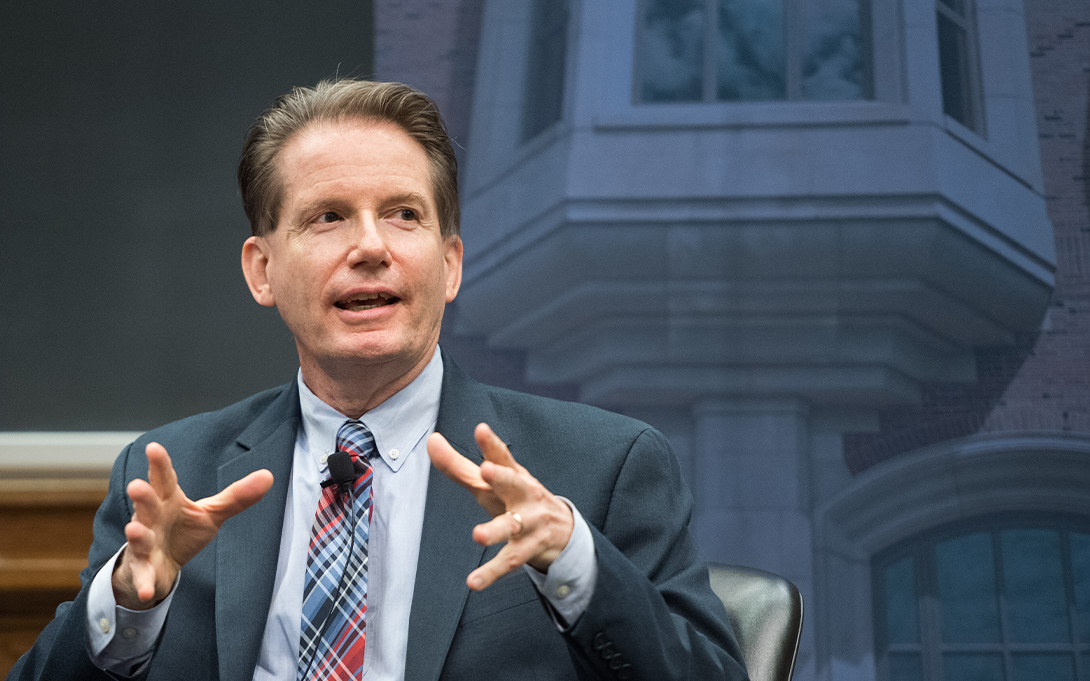
Canadian politics perhaps too rarely makes the news on the west side of the Detroit River, but the implications for the State of Michigan are vast.
Ford School professor Barry Rabe has closely followed political developments in our northern neighbor, and he recently helped shed light on the key issues for a Detroit Free Press column written by Carol Cain.
As Michigan’s biggest trading partner, Canada has an outsized effect on the state. A shared border, multiple international crossings, billions in commerce, and much more make that impact a reality. In 2018 alone, the State of Michigan exported $24 billion in goods to Canada, and imported $47 billion in return.
As Cain notes in her column, in late October Rabe moderated a discussion titled “The 2019 Canadian Election: Issues and Impact for Michigan” with Maryscott Greenwood of the Canadian American Business Council and Professor Steve Brooks of the University of Windsor. The event was organized by the Gerald R. Ford Presidential Library in Ann Arbor.
The core focus of the evening discussion a recap of the recent Canadian Federal election on October 21st in which current Prime Minister Justin Trudeau won a second term in a close election, ensuring both continuity in policy and perspective from our northern neighbor.
Other topics discussed included Prime Minister Trudeau’s likely goals in his second term, the Canada-U.S. trading relationship--fueled largely by the Windsor-Detroit trade corridor, and progress on the much anticipated Gordie Howe Bridge (slated for completion in 2024).
Rabe, when asked about Trudeau’s second term priorities, said, “he’ll seek to stabilize American relations, continue economic growth, and possibly expand the Canadian health care system to cover prescription drugs.”
To read the full column and learn more about the Ford Library event, click here: “What every Michigander needs to know about Canada, Justin Trudeau.”
Barry Rabe is the J. Ira and Nicki Harris Family Professor of Public Policy at the Ford School. He is also the Arthur Thurnau Professor of Environmental Policy and holds courtesy appointments in the Program in the Environment, the Department of Political Science, and the School for Environment and Sustainability. Barry was recently a Public Policy Scholar at the Woodrow Wilson International Center for Scholars and continues to serve as a non-resident senior fellow at the Brookings Institution. His research examines climate and energy politics and his newest book, Can We Price Carbon? (MIT Press) was released in spring 2018.